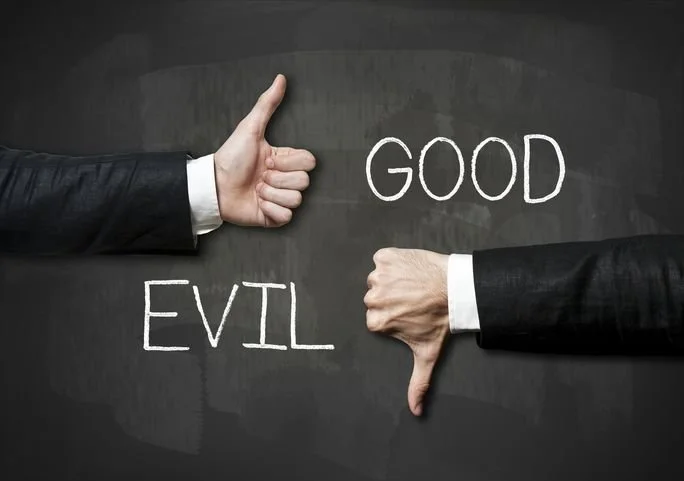Yes, I used the new “Do the Math” logo that runs with Ryan Burge posts for GetReligion, even though this really isn’t a Ryan Burge post.
Then again, it sort of is. Burge is certainly the key content provider therein.
This is a short little post, but there is a reason for that. When this goes live I will be driving a car somewhere on the windswept High Plains, on a long, long drive headed back to the mountains of the Southern Highlands. It’s hard to write under those conditions.
Thus, I would like to point readers to a mini “think piece” in video form.
What we have here is a very interesting feature from the “Maps and Graphs About Religion in America (That You Need to See)” video channel, which is hosted by “GM Skeptic,” who describes himself with this snappy mini-bio: “Drew | Atheist, activist, science advocate, youtuber at Genetically Modified Skeptic.” Here is the online description of its contents:
Social scientist Dr. Ryan Burge makes fascinating maps and graphs about religion and politics in America, largely from General Social Survey data. Here I examine his work on a ton of topics, including: political partisanship of evangelicals, US states with the most atheists and agnostics, religious majorities in each state, LGBT inclusion by religious denomination, and more.
Some of the contents here will not be that surprising.
Most GetReligion readers, and certainly religion-beat professionals, will not be surprised that there are more atheists and agnostics in bright-blue Oregon than in still-red Texas. However, there are quite a few unbelievers in Texas — enough to make the Lone Star state stand out in the Bible Belt.










